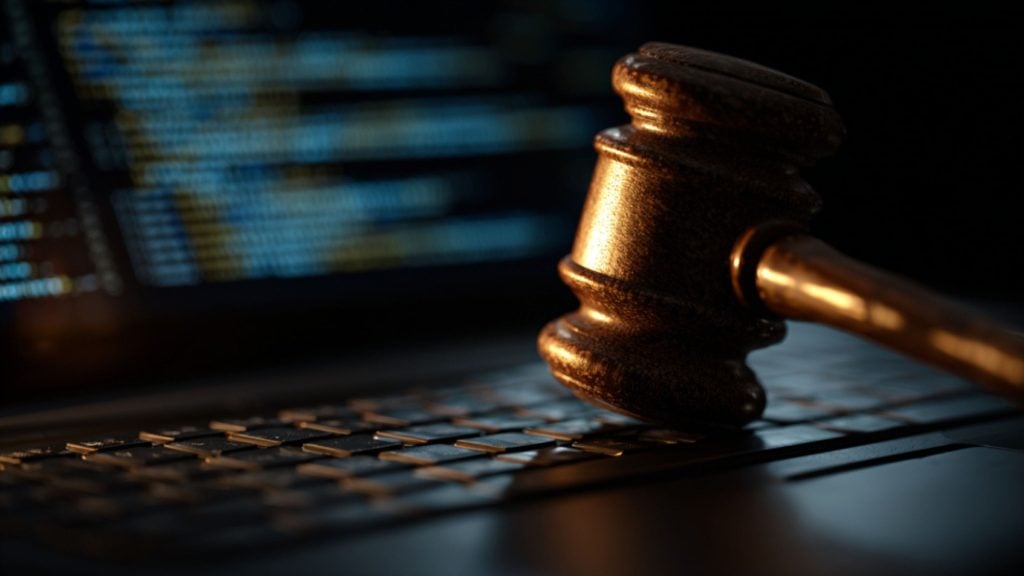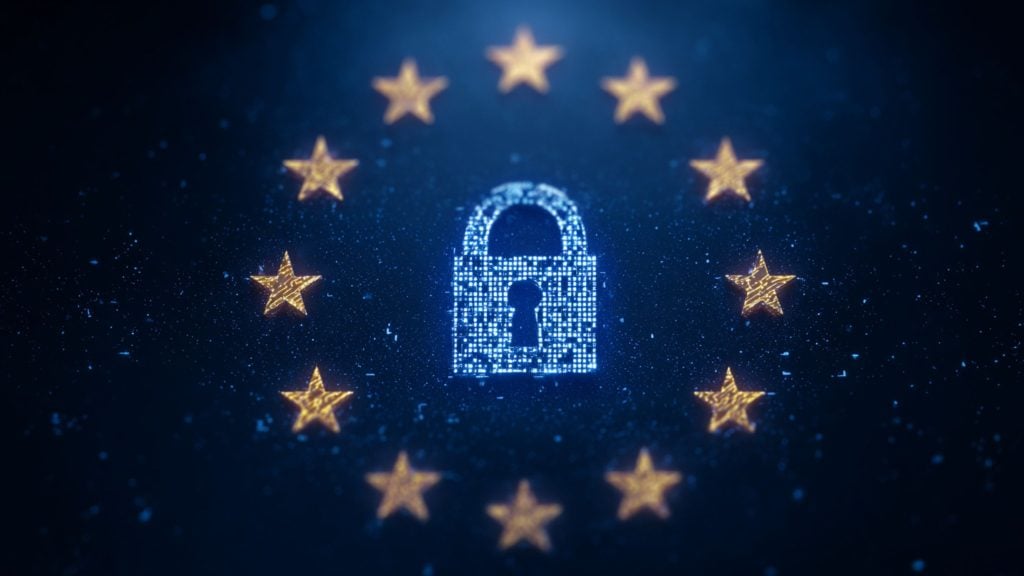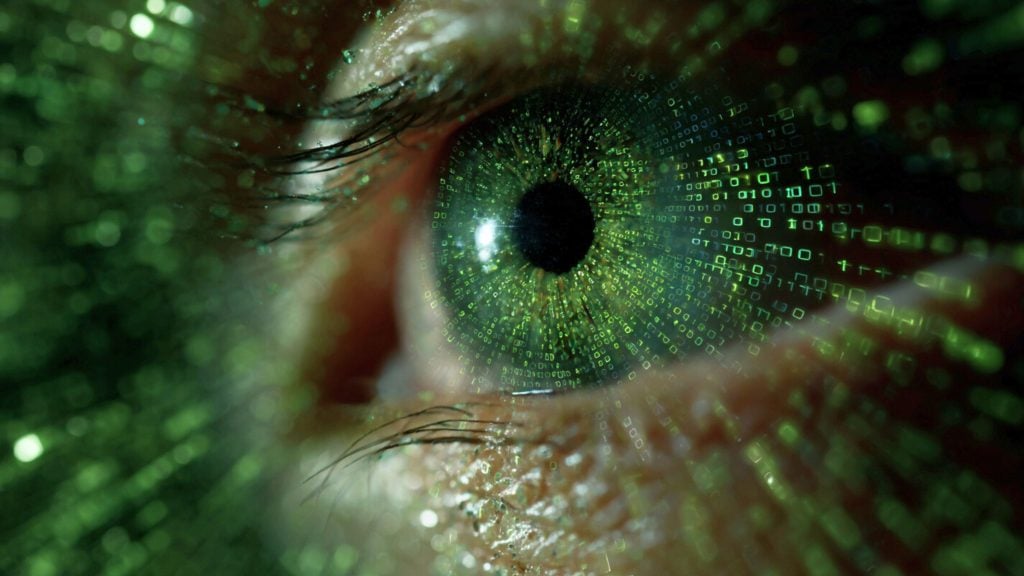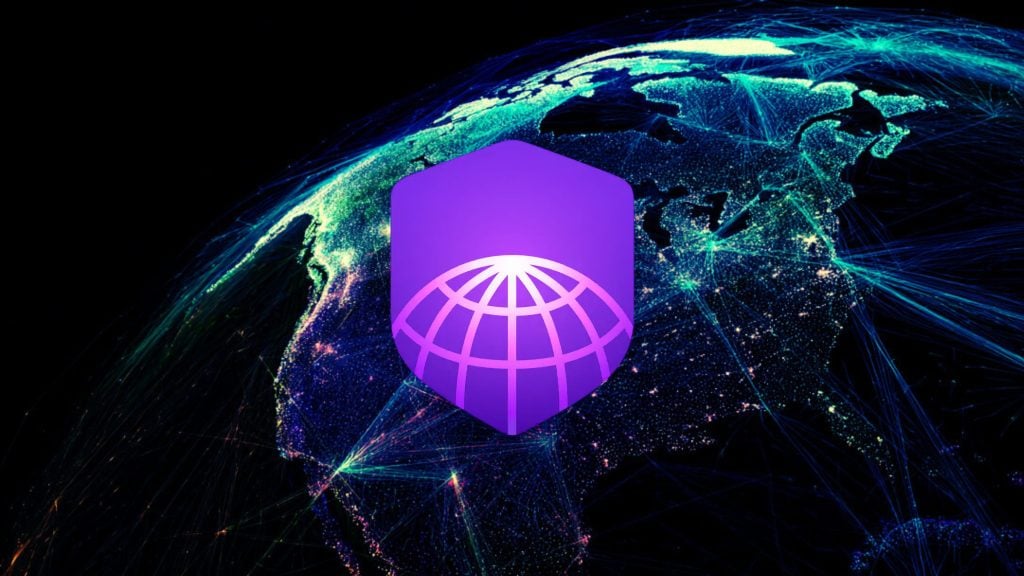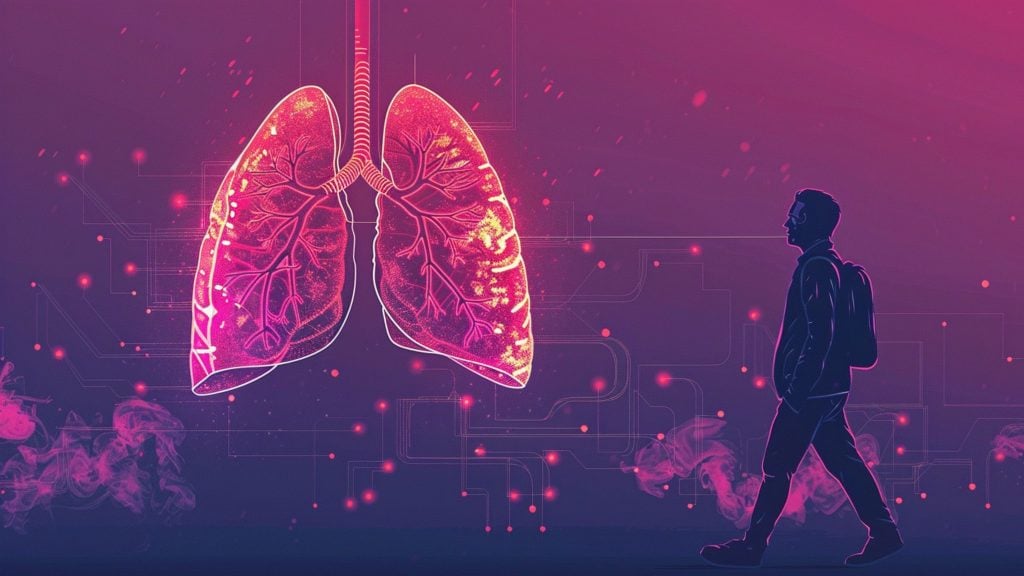A group of tech and health organizations has formed a coalition to create a COVID vaccination passport jointly. The companies anticipate that governments, airlines, and other businesses will soon require digital proof of vaccination before offering services.
The coalition, called the Vaccination Credential Initiative, includes companies such as Microsoft, Oracle, Salesforce, and the US-based medical non-profit Mayo Clinic. It will work on a digital vaccination passport that users can store in a digital wallet such as Google Pay or Apple Wallet.
For people without smartphones, it will issue a printed paper featuring a QR Code with the necessary vaccination status information.
Vice President and General Manager of Salesforce Bill Patterson said his company’s goal is to help businesses “customize all aspects of the vaccination management lifecycle and integrate closely with other coalition members’ offerings, which will help us all get back to public life.” Salesforce is an enterprise software provider.
“The goal of the Vaccination Credential Initiative is to empower individuals with digital access to their vaccination records,” said Paul Meyer, CEO of the non-profit The Common Project, which is also part of the coalition.
According to Meyer, the technology the coalition will develop will help people “safely return to travel, work, school, and life.”
Therefore, in 2021 there is likely going to be a big debate surrounding vaccination passports and there are likely going to be restrictions for people who refuse to get the vaccine.
Reports from December revealed that Los Angeles County was planning to issue a digital proof of vaccination to recipients. The digital proof of immunization would be stored in the Apple Wallet in iPhones. The “passport” would initially be used to remind people when to get the second dose of the vaccine. However, eventually, it would be used to gain access to public places such as concerts and airplanes.
Towards the end of 2020, the Minister for Health in Spain said the government would create a registry that would show people who refused to get the vaccine. If the registry is shared with the EU, then those who refuse to get the vaccine don’t just face restrictions in Spain.
In China, there’s already an app that stores COVID-related data. A person in China can only be allowed in a public venue such as a hotel if the app shows they are free of symptoms.
So, though we are in the initial stages of the vaccine rollout, there are already strong signs that there will be restrictions for people who refuse to get it.
But are these restrictions ethical or even legal?
According to Isra Black, a law lecturer at the University of York, and Lisa Forsberg, a medical ethics expert at the University of Oxford, it “isn’t easy to say whether it would be ethically permissible for a state to impose restrictions” on the people who refuse to get the vaccine. It would depend on several factors such as the nature of the restrictions, how the restrictions will be implemented, the level of supply of the vaccine, and the number of people in the population that get the vaccine.
“We might think that there are strong, albeit not necessarily decisive, reasons in favor of some limitation on regaining pre-pandemic freedoms for individuals who refuse vaccination for Covid-19, for example, on their freedom to gather,” Black and Forsberg said in a joint statement. “There is the potential for unvaccinated individuals to contract a serious case of coronavirus, which we take would be bad for them, but could also negatively affect others, for example, if health resources have to be diverted away from non-Covid care.”





